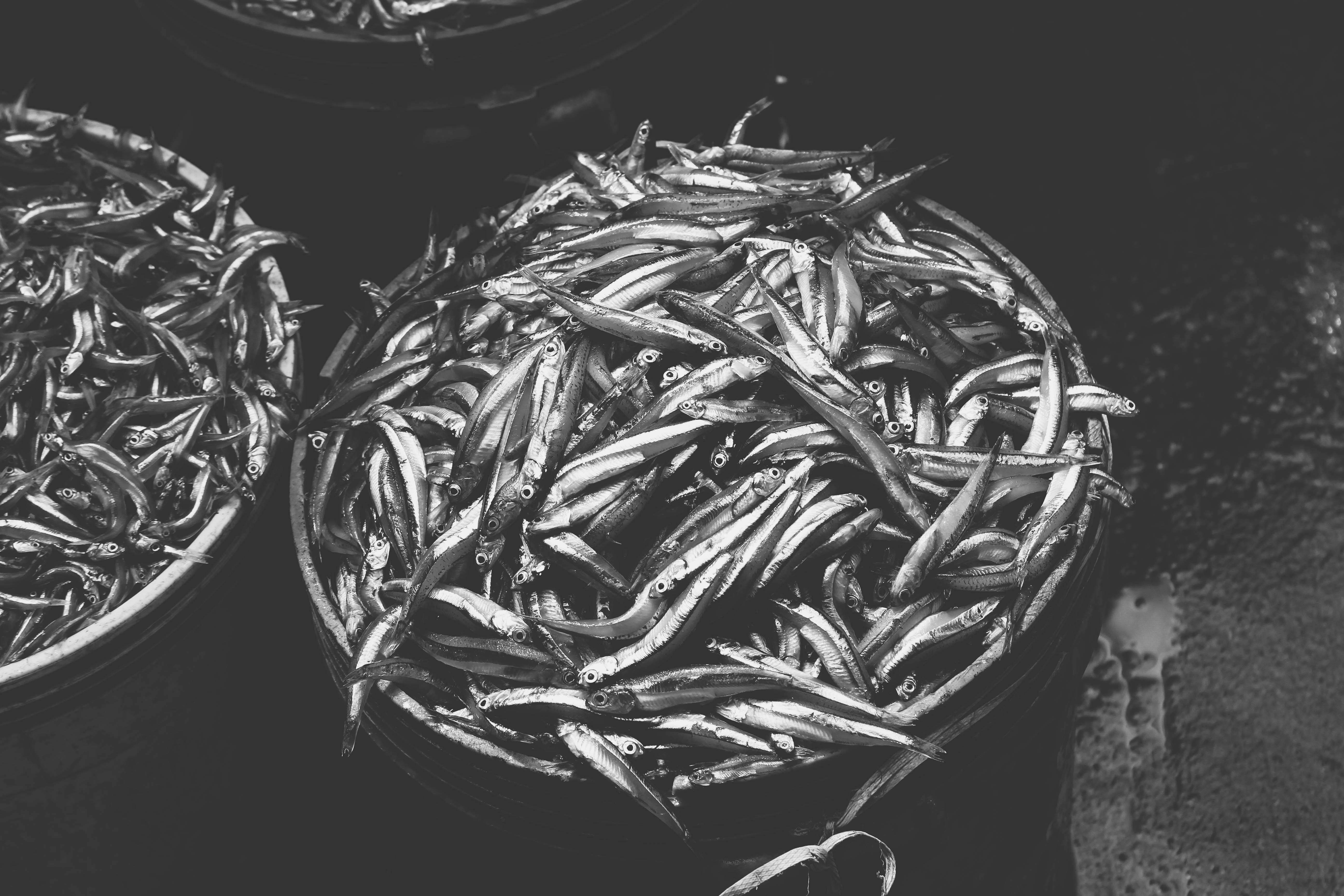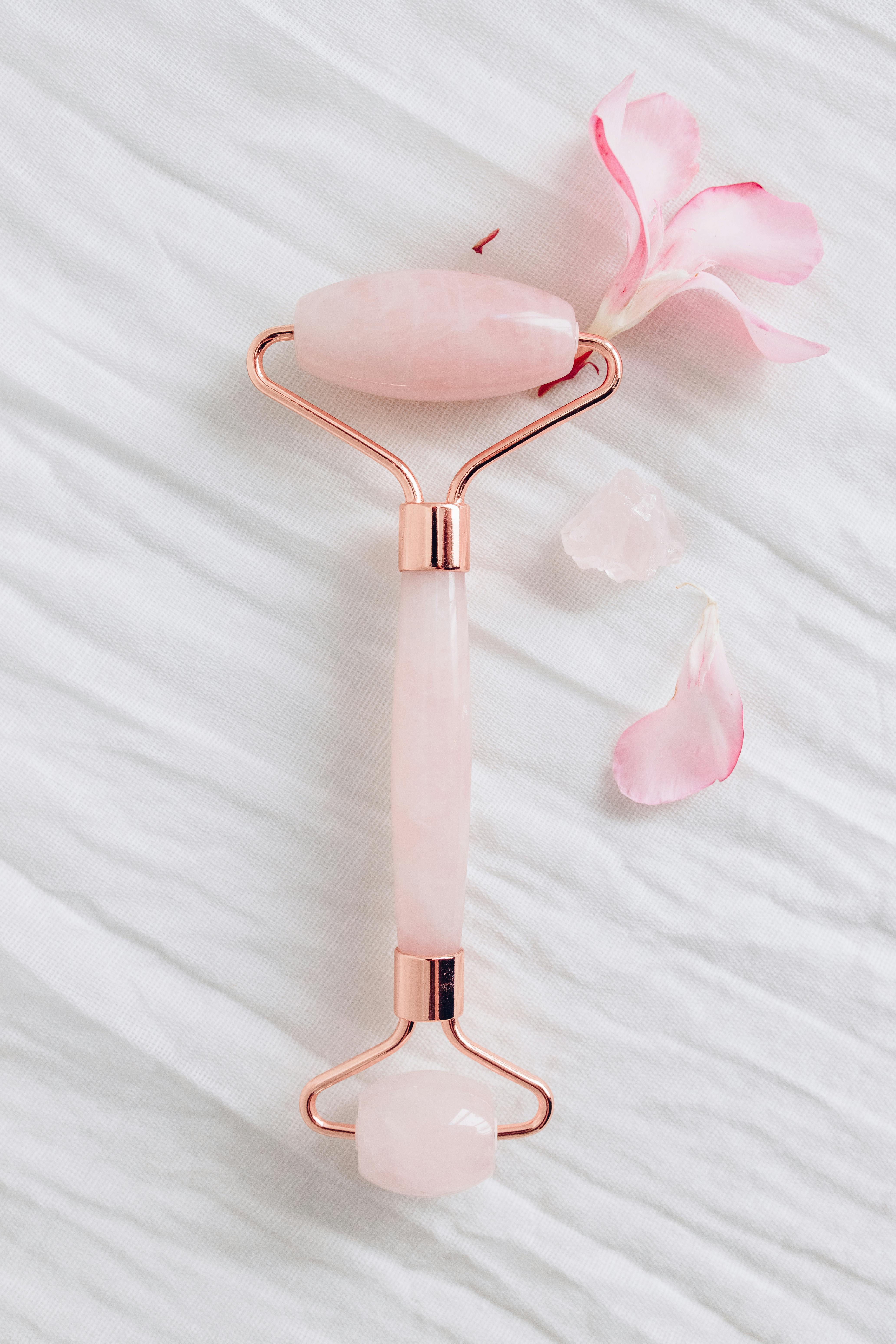Smart Ways to Optimize Orange Puffer Fish Care in 2025
As aquarium enthusiasts venture into the vibrant world of puffer fish, the orange puffer fish stands out due to its unique characteristics and fascinating behaviors. These intriguing marine creatures can make wonderful pets but require specialized care. Understanding their habitat, diet, and social behavior is key to ensuring they thrive in your aquarium. In this comprehensive guide, we'll explore essential care tips, optimal tank setups, dietary needs, and common health issues faced by orange puffer fish. Whether you're a novice looking to enhance your puffer fish care knowledge or a seasoned aquarist wanting to refine your approach, this guide will help you navigate the complexities of keeping these unique aquatic pets.
In the sections that follow, we will dive deeper into various aspects of orange puffer fish care, including insights into their ideal environments and compatibility with other fish species. By implementing smart practices outlined herein, you will foster a healthy and engaging habitat for your orange puffer fish.
Understanding the Orange Puffer Fish Environment
Creating a suitable environment for your orange puffer fish is the foundation of optimal care. Different puffer fish species, including both marine and freshwater variants, have specific requirements that must be met to ensure their wellbeing.
Tank Setup for Orange Puffer Fish
The right tank setup is crucial for orange puffer fish. They require ample space due to their active nature, typically needing a minimum tank size of 30 gallons. A well-planned layout should include hiding spots, such as caves and aquatic plants, which provide comfort and security to these curious creatures.
Moreover, it is essential to incorporate a strong filtration system. Puffer fish are sensitive to water quality, so maintaining optimal water conditions is paramount. Regular water testing for parameters like pH, ammonia, and nitrate levels will help keep your aquarium in a healthy state.
Choosing Tank Mates for Puffer Fish
When selecting tank mates for your orange puffer fish, compatibility is vital. While some puffer fish species are known for their sociable traits, others may display aggressive tendencies. Generally, it is advisable to avoid smaller fish that may be seen as prey. Instead, look for larger, more robust tank mates that can cohabitate peacefully with puffer fish.
Before introducing new fish, allow time for acclimatization in a separate tank to prevent stress and potential harm to your puffer fish. Assess the behaviors of both species to ensure a harmonious environment.
Feeding Your Orange Puffer Fish
Feeding orange puffer fish involves meeting their specific dietary needs, which can vary between species. Ensuring a balanced diet is integral to their health and wellbeing as marine puffer fish and freshwater puffer fish species have different nutritional requirements.
Optimal Puffer Fish Diet
Orange puffer fish require a varied diet rich in proteins. Quality puffer fish food should consist of high-protein pellets, fresh or frozen foods like shrimp, clams, and snails. These foods are not just enjoyable but play a crucial role in maintaining their health and vibrant colors.
Additionally, providing occasional treats like vegetables or algae wafers can enhance their nutrition. It's important to establish a consistent feeding schedule that aligns with their active lifestyle, typically involving feeding 2-3 times a week while ensuring not to overfeed.
Common Feeding Mistakes to Avoid
A common mistake among aquarists is giving too much food at once, leading to excess waste and algae growth in tanks. Observe your fish and adjust feeding amounts to prevent uneaten food from polluting the water. Overfeeding can also lead to health issues, including obesity and related diseases.
Lastly, ensuring a clean feeding area in your aquarium encourages successful feeding behaviors and reduces stress for your puffer fish.
Health and Disease Management
Maintaining the health of your orange puffer fish is essential for a thriving aquarium. Awareness of potential diseases and health issues faced by puffer fish is crucial to provide timely intervention.
Common Puffer Fish Diseases
Puffer fish are susceptible to various diseases, including ich, fin rot, and parasitic infections. Regular observation of behavior and appearance is vital. Symptoms such as loss of appetite, lethargy, or abnormal swimming patterns can indicate underlying health problems.
It's essential to quarantine any new fish before introducing them into the tank to minimize the risk of disease transmission. Investing in a good veterinary health book focused on tropical fish can also guide you through the crucial identification and management processes.
Preventative Health Care Tips
Preventative care includes maintaining optimal water parameters, performing regular water changes, and ensuring a balanced diet. Implementing these strategies mitigates the risk of disease and promotes longevity in puffer fish. Regularly cleaning decorations and substrate within the tank also supports good hygiene practices.
Behavioral Insights into Orange Puffer Fish
Understanding the behavioral traits of orange puffer fish can enhance your relationship with these fascinating pets. Known for their intelligence and unique personalities, observing their interactions can be both entertaining and informative.
Social Dynamics of Puffer Fish
Orange puffer fish exhibit a range of social behaviors, from playful exploration to forming bonds with their human caretakers. They often display curiosity and can even recognize their owners, reinforcing the need for regular interaction.
Keep in mind, however, that their territorial nature may cause aggression towards other fish if not properly managed. Recognizing and respecting their social structures will ensure a harmonious living environment.
Understanding Puffer Fish Intelligence
Research suggests that puffer fish demonstrate significant cognitive abilities, including problem-solving and learning behaviors. Engaging your puffer fish with environmental enrichment activities, such as puzzle feeders, can stimulate their natural intelligence and lessen stress levels.

Best Practices for Long-Term Orange Puffer Fish Care
To ensure a flourishing aquarium environment, stabling a long-term care routine will lead to healthy and thriving orange puffer fish. The interplay between water conditions, feeding practices, and social environments defines the overall qualities of the habitat.
Maintaining Water Quality
The importance of water quality cannot be overstated. Regular testing of water parameters, along with consistent filtration and maintenance, is critical for puffer fish health. Implementing a water change schedule – usually weekly or bi-weekly – is essential to remove impurities and replenish vital minerals.
Adhering to proper cycling techniques when setting up a new tank will also safeguard fish health and promote stability in the ecosystem. Developing a comprehensive care strategy ensures longevity and vitality for your orange puffer fish.
Optimizing Feeding Schedules
Establishing a feeding routine is important in the dynamics of caring for your orange puffer fish. Observing their preferences and adapting to their needs will promote healthier eating habits. Regular feeding can also enhance interactive behaviors, making the experience enjoyable for both the fish and the aquarist.
Conclusion: Elevate Your Orange Puffer Fish Experience
Caring for orange puffer fish can be a rewarding endeavor, providing numerous enrichment opportunities for both the fish and their owners. By understanding their needs in terms of habitat, diet, health, and behavior, you set the stage for a sustainable, enjoyable aquarium experience. With dedicated attention to detail and a commitment to their care, your orange puffer fish can thrive beautifully in your aquatic sanctuary.
 ```
``` 